In our quest for educational success, we have long relied on standardized metrics that rank students, schools, and even countries against one another. However, it is time to shift our perspective and consider a different measure of success—one that focuses on the impact children have on the world around them. By prioritizing the skills and abilities students develop to positively shape their communities, we not only equip them for the future but also foster a better world for everyone. In this article, we will explore the true measure of success in schools and the profound benefits it can bring.
Developing Skills for a Changing World:
Traditional measures of success in schools often revolve around academic performance and test scores. While these are undoubtedly important, they should not be the sole indicators of educational achievement. Instead, we should prioritize the development of skills that empower students to tackle real-world challenges and make a tangible difference. Skills such as critical thinking, problem-solving, collaboration, empathy, and innovation are essential for students to thrive in a rapidly changing society. By nurturing these skills, we equip students with the tools they need to navigate and shape the world they live in.
Dr. Jane Thompson, a renowned educational psychologist, emphasizes, “Education should equip students with the tools to navigate and shape the world they live in, rather than just preparing them for tests.”
Creating Global Citizens:
By shifting the focus to the impact students have on their communities, we cultivate a sense of global citizenship. This means fostering an understanding of diverse perspectives, promoting social responsibility, and encouraging active engagement in issues that affect society at large. When students feel a sense of agency and believe in their ability to effect change, they become motivated to contribute positively to their communities. By instilling a sense of global citizenship, we prepare students to be compassionate and responsible citizens of the world, who actively participate in shaping a better future for all.
In the words of Malala Yousafzai, Nobel Peace Prize laureate and education advocate, “One child, one teacher, one book, and one pen can change the world.”
Practical Implementation:
To redefine educational success, schools must embrace innovative teaching methods and curricula that encourage project-based learning, service-oriented initiatives, and community partnerships. By providing students with opportunities to apply their knowledge and skills to real-world problems, we enable them to become agents of change. Engaging in meaningful projects and collaborations not only enhances their understanding of academic concepts but also develops crucial skills such as critical thinking, communication, and problem-solving. Through practical implementation, we foster a deep connection between classroom learning and its application in the real world.
John Wilson, a veteran educator, states, “It is essential to create an environment where students are encouraged to think critically, challenge the status quo, and actively participate in shaping a better world.”
The Montessori Method:
An exemplary approach to fostering the skills and values required for shaping a better world is the Montessori method. Developed by Dr. Maria Montessori, this child-centered educational philosophy recognizes that children are natural learners with an innate curiosity and drive to explore their environment. Montessori education places an emphasis on hands-on, experiential learning, allowing students to actively engage with materials and concepts.
The Montessori approach cultivates independence, self-discipline, and a love for learning. Through mixed-age classrooms, students learn from and with their peers, fostering collaboration, empathy, and a sense of community. The Montessori environment encourages students to take ownership of their education, follow their passions, and explore topics of personal interest. By empowering students to be active participants in their learning journey, the Montessori method nurtures the skills and qualities needed to shape a better world.
Measuring Impact:
Measuring the impact students have on the world around them requires a broader assessment framework that encompasses academic achievements alongside community contributions. This could involve evaluating students’ involvement in service projects, their ability to apply knowledge to solve real-world problems, and their leadership in effecting positive change. It is essential to recognize and celebrate the various ways in which students make a difference, whether it’s through advocacy, volunteer work, environmental initiatives, or acts of kindness and empathy.
By adopting a comprehensive approach to measuring impact, we acknowledge the multifaceted nature of success and create opportunities for students to showcase their unique talents and strengths. It also encourages a shift in the educational ecosystem, where the focus is not solely on competition and individual achievement, but on collaboration, empathy, and collective progress towards a better society.

Conclusion:
True educational success lies not merely in high test scores or rankings, but in the transformative impact students have on the world around them. By fostering skills, values, and a sense of global citizenship, we empower students to shape a better future. Through the development of critical thinking, problem-solving, collaboration, empathy, and innovation, students become equipped with the tools to navigate a rapidly changing world and create positive change.
Whether through traditional educational approaches or innovative methods like the Montessori method, it is crucial to redefine success and prioritize the holistic development of students. By nurturing their abilities to think critically, embrace diversity, and engage with the world around them, we prepare them to be compassionate, responsible, and impactful global citizens.
As educators, parents, and advocates, let us strive to create educational environments that encourage students to explore their passions, make meaningful connections, and develop the skills needed to shape a better world. By emphasizing the true measure of success—the impact students have on society—we pave the way for a brighter future where education becomes a catalyst for positive change.
In the words of Nelson Mandela, “Education is the most powerful weapon which you can use to change the world.” Let us empower our students with this weapon and inspire them to become agents of change, transforming the world one step at a time.


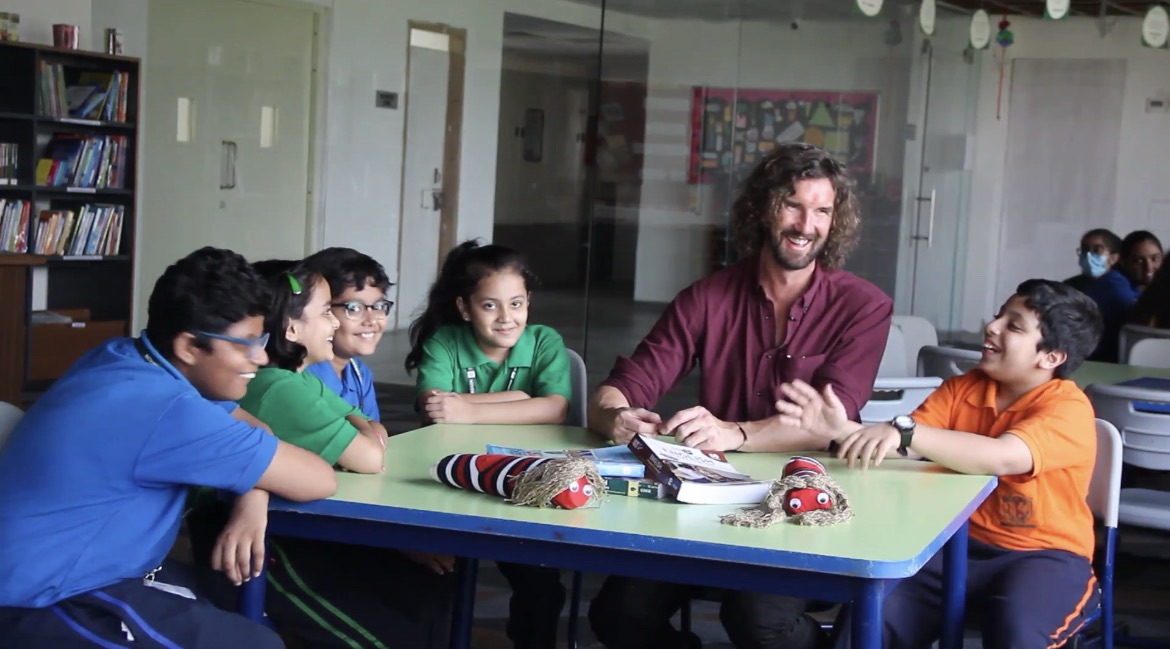
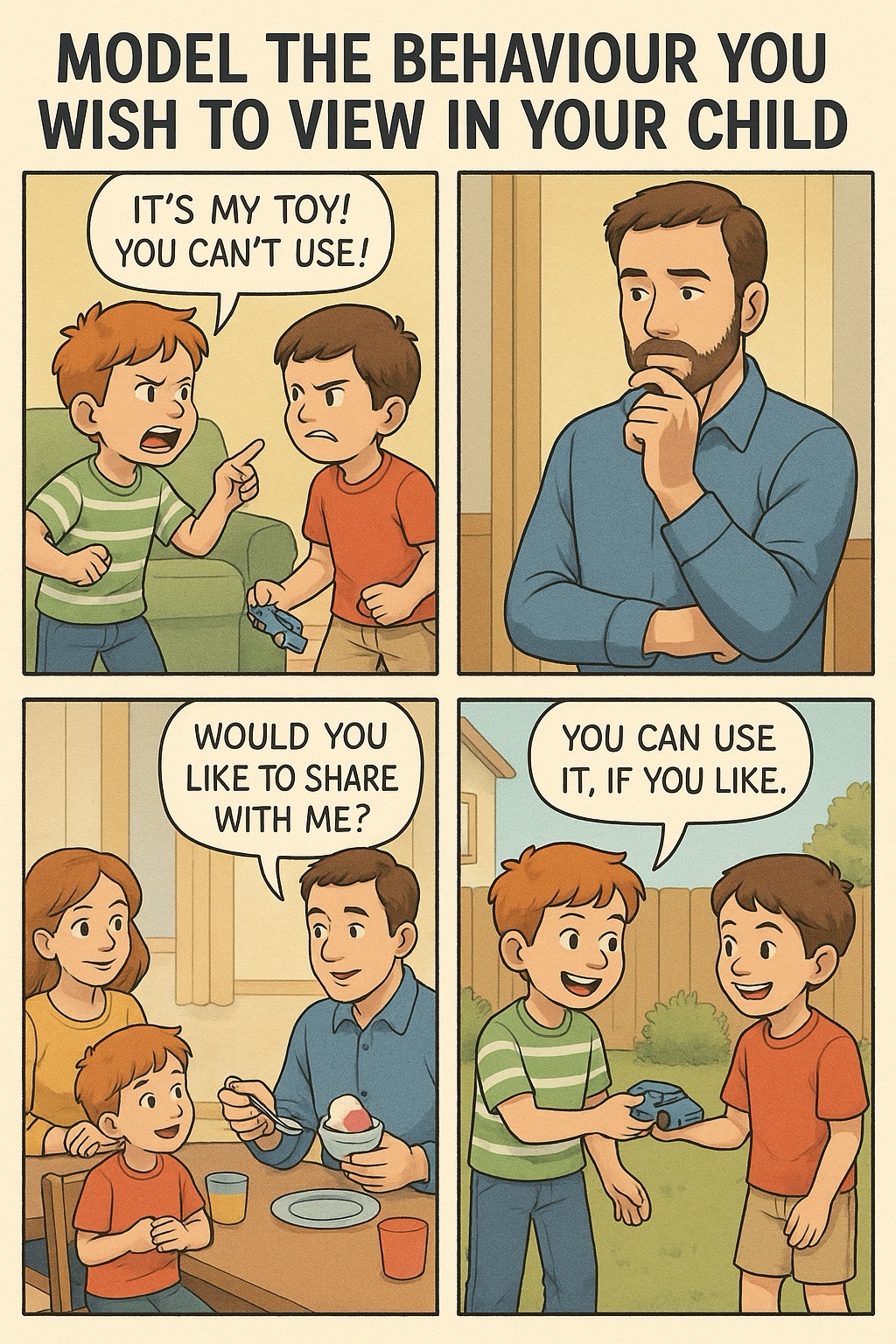
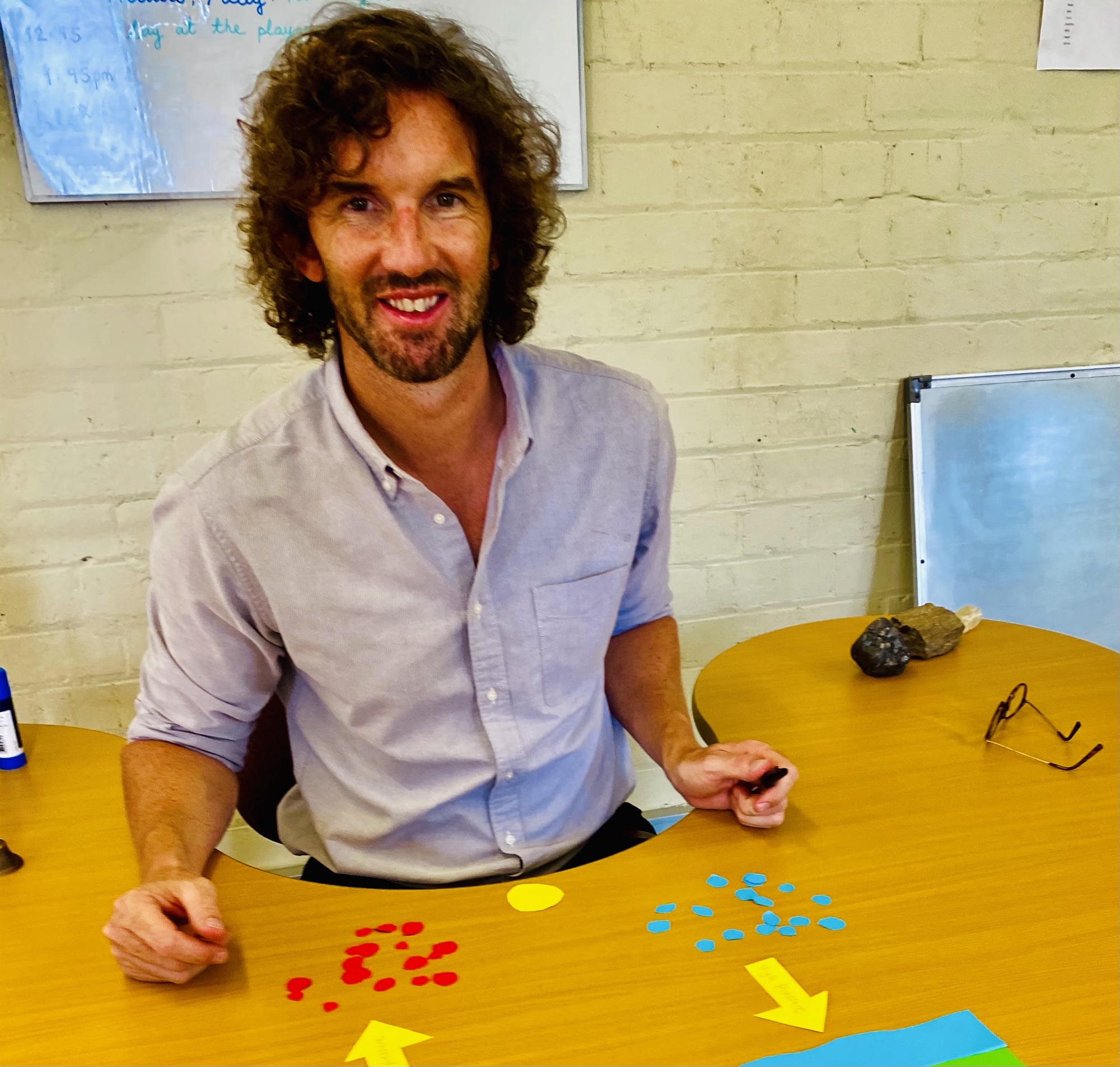


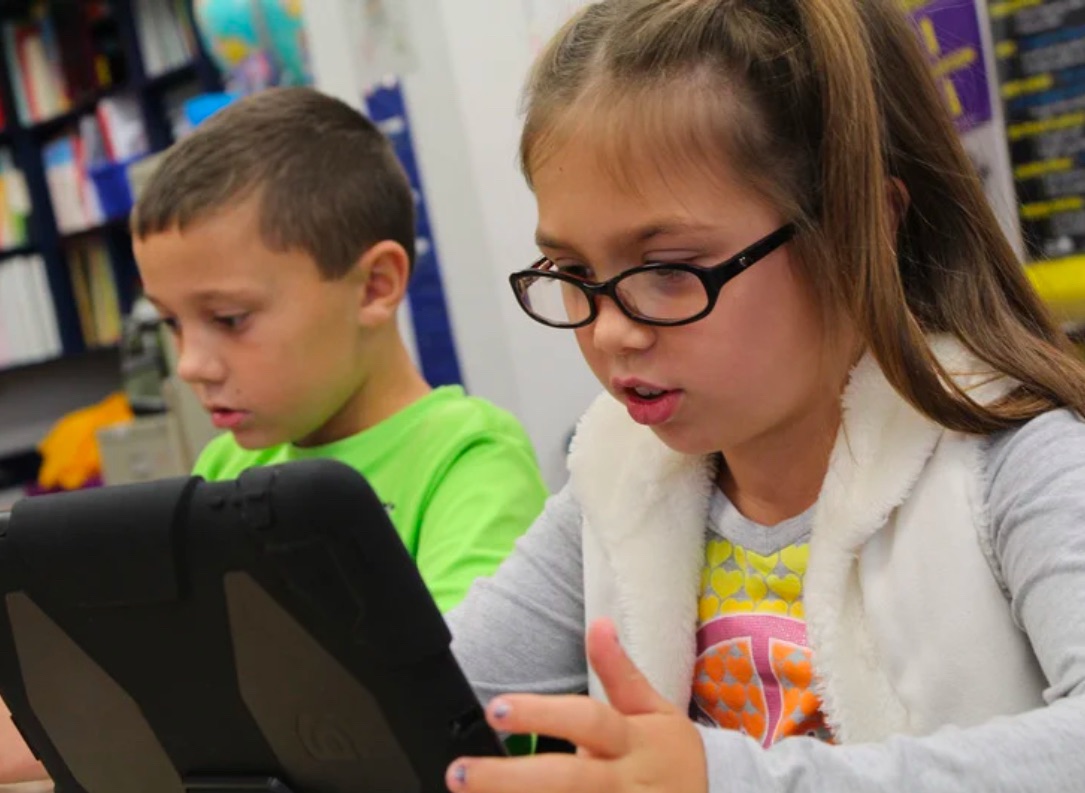
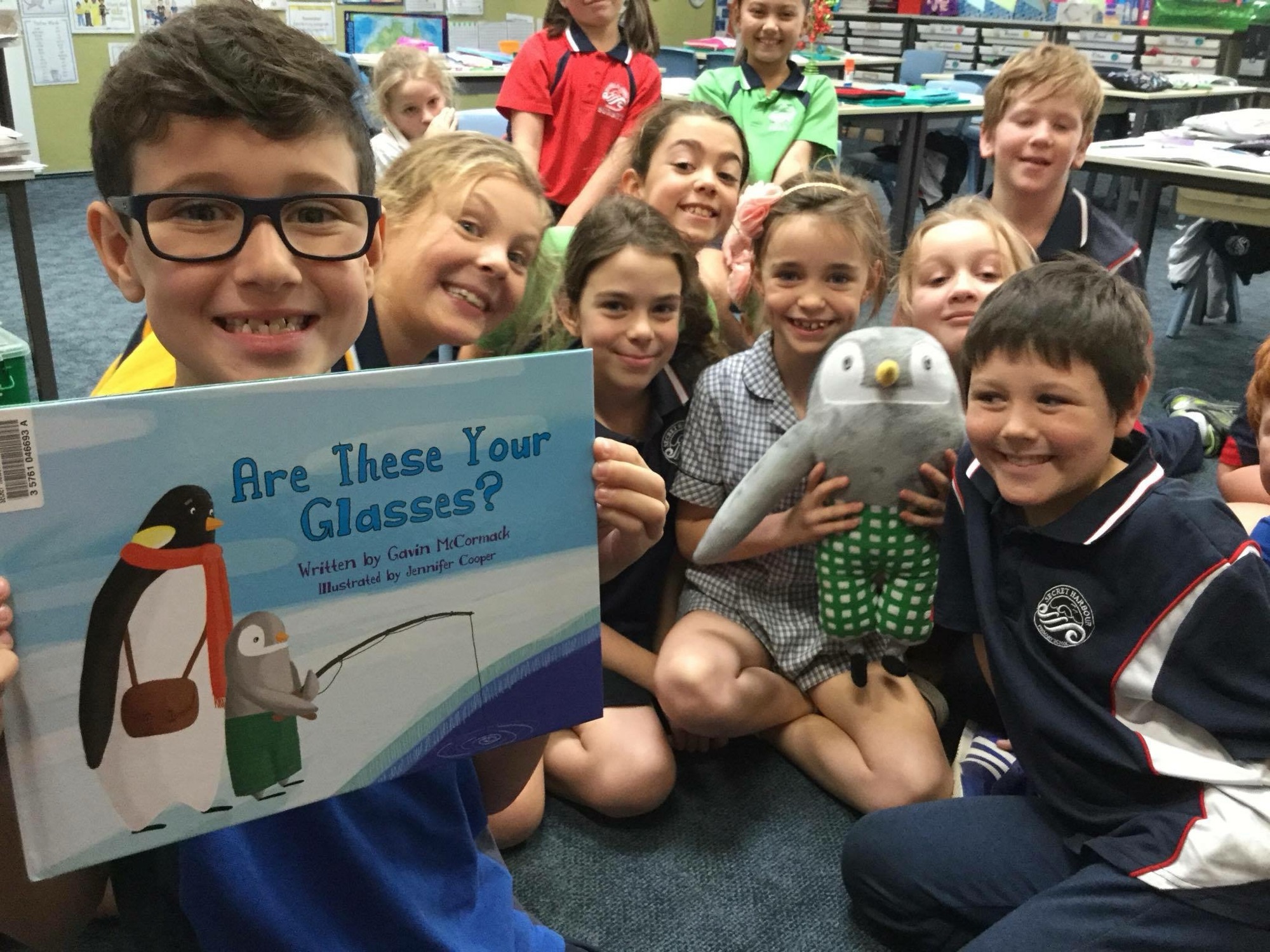
One Response
Nice article. Reading through it I couldn’t help thinking of the addition of communication skills development as an important aspect of this holistic approach.